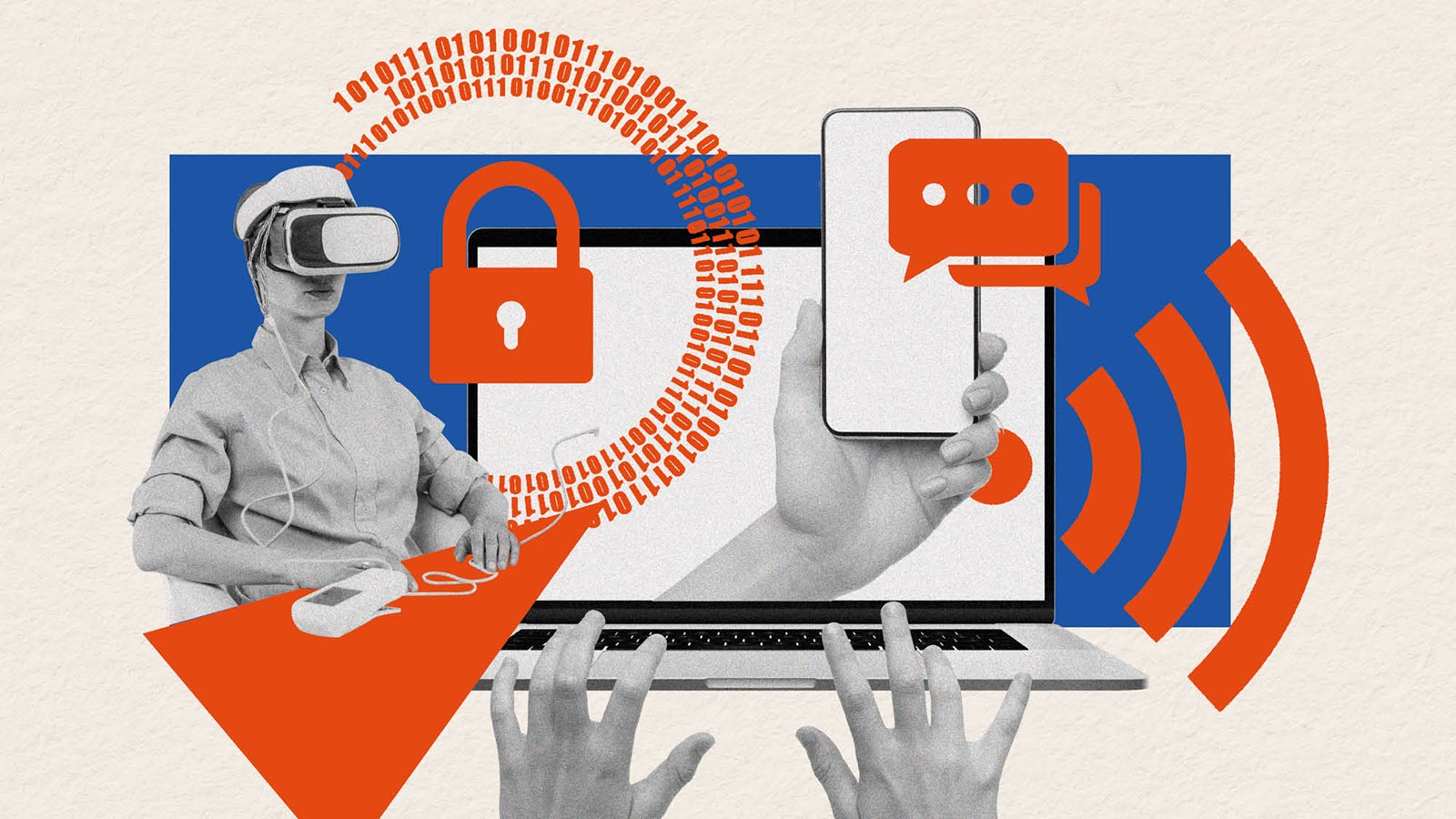I don’t know how you do it, sitting listening, week in, week out, to people’s problems. How do you remember it all? Don’t you get bored, irritated, or want to tell people exactly what you think of them, and what you think they should do?
I’m sure, like me, you’ve had people say versions of the above to you. How honest have you been with your response – when the true answer might be something like: "I often don’t remember it all, and yes, yes, yes and yes."
And how often too have you, like me, had supervisees say to you: "We must be mad to do this work"? My answer to that question is invariably yes too. Not mad in the clinical sense, but rather in the way that each one of us has pockets of madness within us – therapists and non-therapists alike. Parts of our psyches – probably more unconscious than conscious – that are unruly, irrational, illogical and, dare I say it, disturbed.
And, arguably, therapists might be thought of as being madder, or more precisely more in touch (hopefully!) with their madness than most, as it’s generally accepted that it’s our own wounding – our own disturbance – that first brought us into the therapist’s chair (or couch) and that led us to decide to train.
And therefore, of course, the requirement for personal therapy to be a mandatory part of any therapy training is so essential. In my view, if we haven’t undergone a sustained enquiry into our own psyches – including, most importantly, the deepest, darkest recesses of our own madness – then we are at risk of doing harm to prospective clients because we’re likely to project our own disavowed, unexcavated disturbance onto them – so they become the unwell ones, and we can luxuriate in the grandiose delusion that we are well.
One of my roles is as a counselling and psychotherapy trainer. My ears always prick up with alarm when, upon qualification, students announce they intend to end their personal therapy, because they’re no longer required to be in it. I always say, "It’s only after qualification that your true personal therapy begins. When you’re attending because you’re choosing to, and understand that you’re still very far from being the finished product (whatever that might be)."
In my view, ongoing personal therapy is as important as supervision for the maintenance of safe, ethical practice. When newly qualified therapists excitedly announce their intention to stop therapy (as if it had somehow been a tick box exercise or an unwanted chore all along), I also wonder how they expect their clients to commit to a deep, sometimes lengthy process, that they have themselves struggled to enter fully?
Despite the prevalence of short-term, cognitive, manualised, evidence-based protocols, the craft of therapy is fundamentally a slow, mysterious, non-linear, relational one, in which periods of resistance – longueurs in which nothing much appears to be happening – are a meaningful, important part of the process. We forget this at our own, and more importantly, our clients’ peril.
Also in this issue, Terry West experienced worsening somantic symptoms in his late 30s, leading to therapy, which he explores in The boy who was battered; Alexander Oviawe considers three ways to apply new technologies to your practice in Necessity: the mother of invention and Jeff Weston explores sanity in depression, listening to pain and honouring it in Walking towards the black dog.
Read more...

Coaching Today
Subscribe for free access to the online journal

BACP Coaching division
BACP Coaching is a focus for coaches and coaching within BACP. Our members are counsellors and psychotherapists who work with a variety of models to integrate coaching and counselling.

Blogs and vlogs 2022
News and views from members, staff and clients
